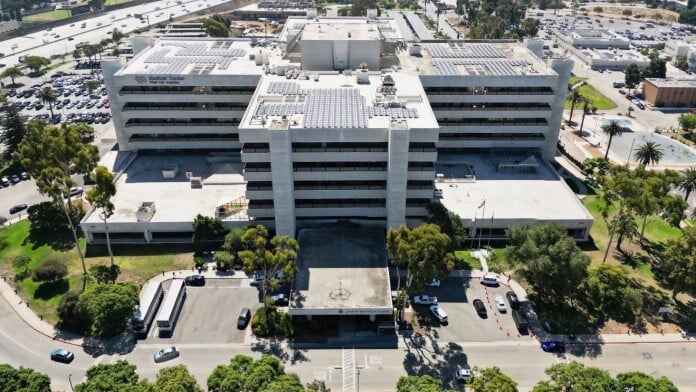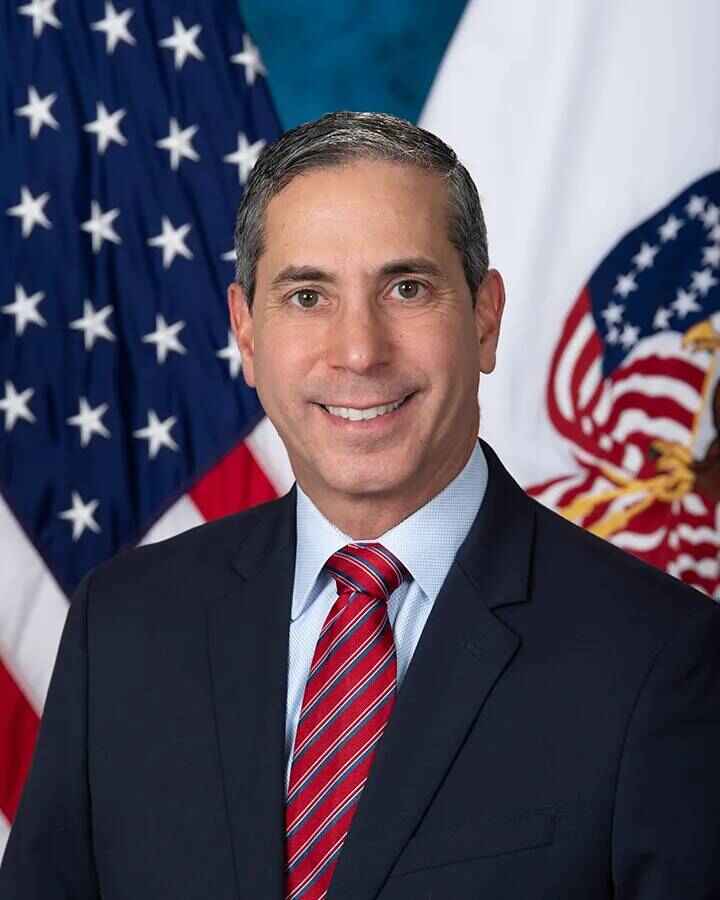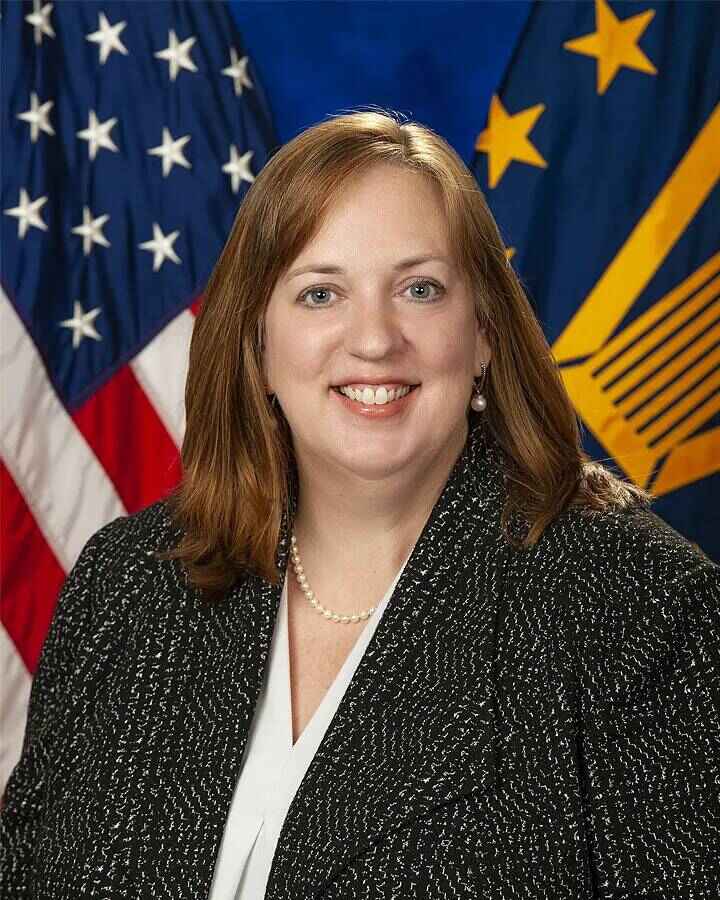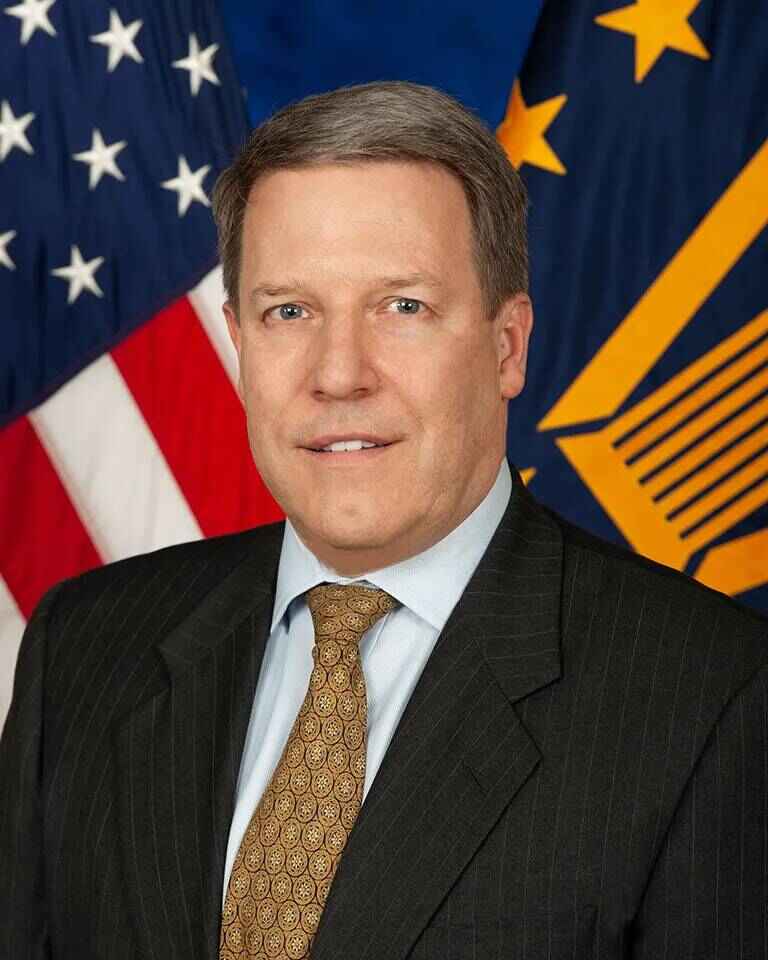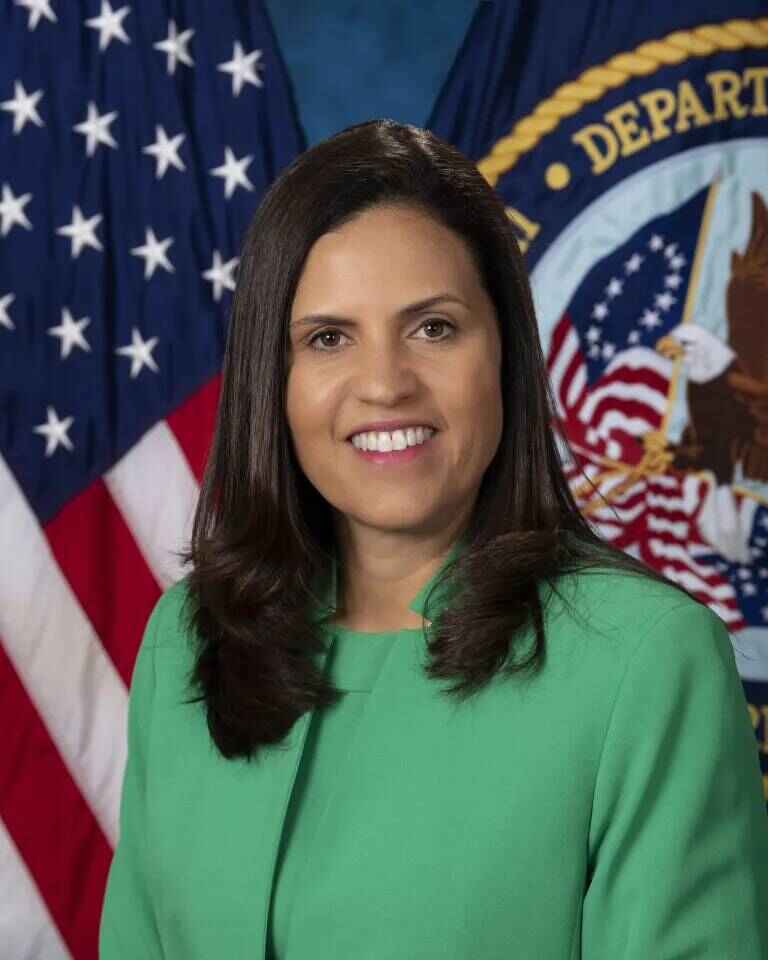About West Los Angeles VA Medical Center – Los Angeles
If you’re seeking veterans services that can help you get your life back on track, West Los Angeles VA Medical Center may be just the thing you need. This Los Angeles, California, clinic offers both inpatient and outpatient levels of care. I was absolutely impressed with their wide range of services spanning mental health treatment, including addiction care, and plenty of other medical services and holistic therapies.
They have an adaptive sports program that lets you play seasonal sports in order to improve your independence and give you a better quality of life. They have inclusive sporting competitions, such as the National Veterans Wheelchair Games, the National Veterans Golden Age Games, and winter and summer sports clinics. They even have summer surf camps. This is such a great way to keep active and rehabilitate your body and your overall health while having fun and socializing with others.
They have an asthma and immunology unit that can administer skin tests and blood work in order to help identify allergies or help with immune system conditions. Their chiropractic care can help with spinal manipulative surgery and other problems involving the neck, back, muscles and joints. They even offer meditation and mindfulness classes. They can also provide amputation care for those veterans who require it, which includes recreational services to help you adapt to your fitness level, as well as nutrition and wellness counseling.
